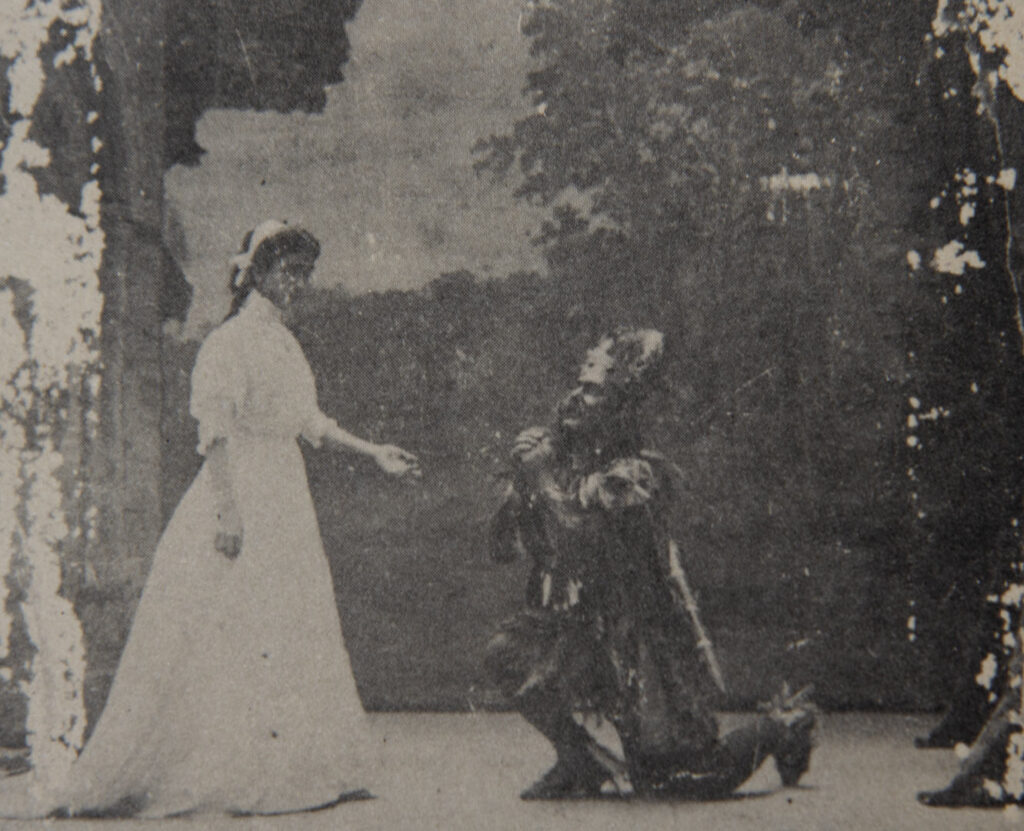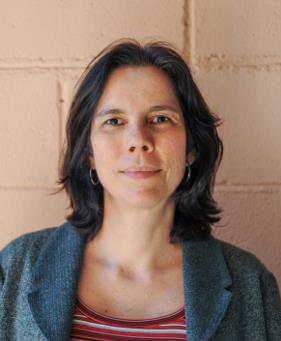< Program < PANEL NO. 5: Early Latin American Cinema
Luciana-Correa-de-Araujo_Domitor-2020The Lazzaro Troupe, which performed stage shows between 1908 and 1910 in Rio de Janeiro and other cities, was directed by Salvatore Lazzaro and had among other attractions his daughters Griselda and Brazilia Lazzaro. In their occasional film activities, they accomplished neither remarkable commercial success nor enduring careers. Investigating such activities, however, allows us to analyze how different crafts and commercial strategies intertwined in early Brazilian cinema across intermedial networks, thereby providing ways for entertainment professionals to create artistic expressions and to make a living.
Between 1910 and 1911, after a time of fixed movie theater expansion in Rio and when some film exhibitors were also producers, Salvatore worked as an exhibitor, inventor and director. Besides running movie theaters in Rio and in the neighboring city of Niterói and having patented his invention of a device for projecting advertisement films, he also directed and screened in his movie theater O Guarany (1911), starring Griselda Lazzaro, a filme cantante, with live performance of singers and musicians behind the screen. In 1909, Griselda had been one of the first women to conduct the orchestra in Rio’s movie theaters, accompanying mixed programs combining films and the Troupe Lazzaro stage shows. She also worked in the film Uma transformista original [An Original Transformist] (Paulo Benedetti, 1915), starring her sister, the stage actress Brazilia.
Considering there was no Brazilian film industry then, it is important to study crafts and trades in light of the unstable local market. Professionals dedicating themselves regularly and exclusively to film activities were exception; for most, like the Lazzaro family, cinema was only one among several artistic and commercial activities. Just as important as studying examples of continuity is investigating professionals not exclusively dedicated to cinema, to understand when and under which conditions film activities were part of their careers.

Luciana Corrêa de Araújo (Federal University of São Carlos)

Luciana Corrêa de Araújo teaches Film History at the Federal University of São Carlos, Brazil. Her research focuses on Brazilian silent cinema. She has published in journals and edited collections, including Nova história do cinema brasileiro (Eds. Schvarzman and Ramos, 2018) and Stars and Stardom in Brazilian Cinema (Eds. Bergfelder, Shaw and Vieira, 2017).
